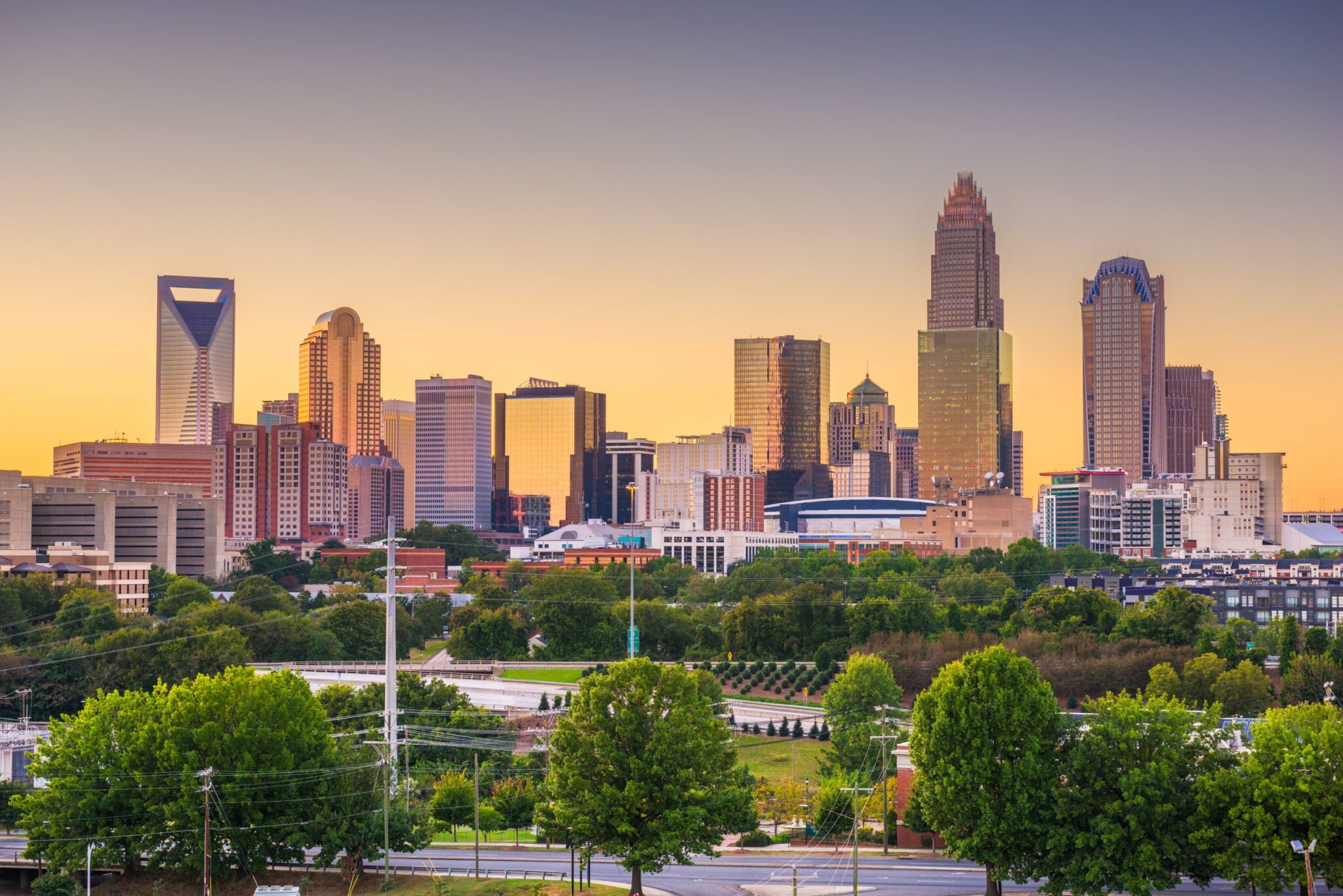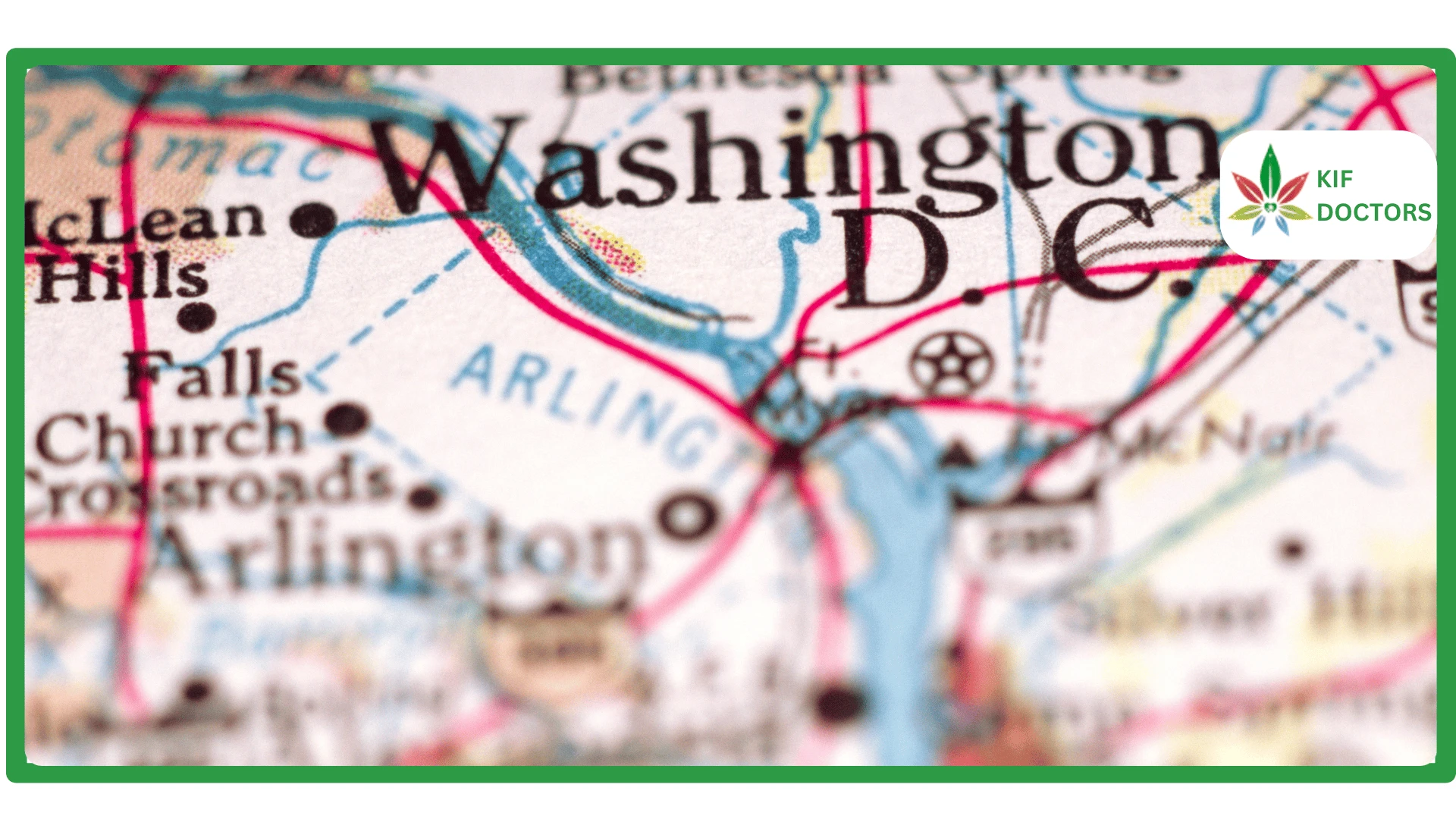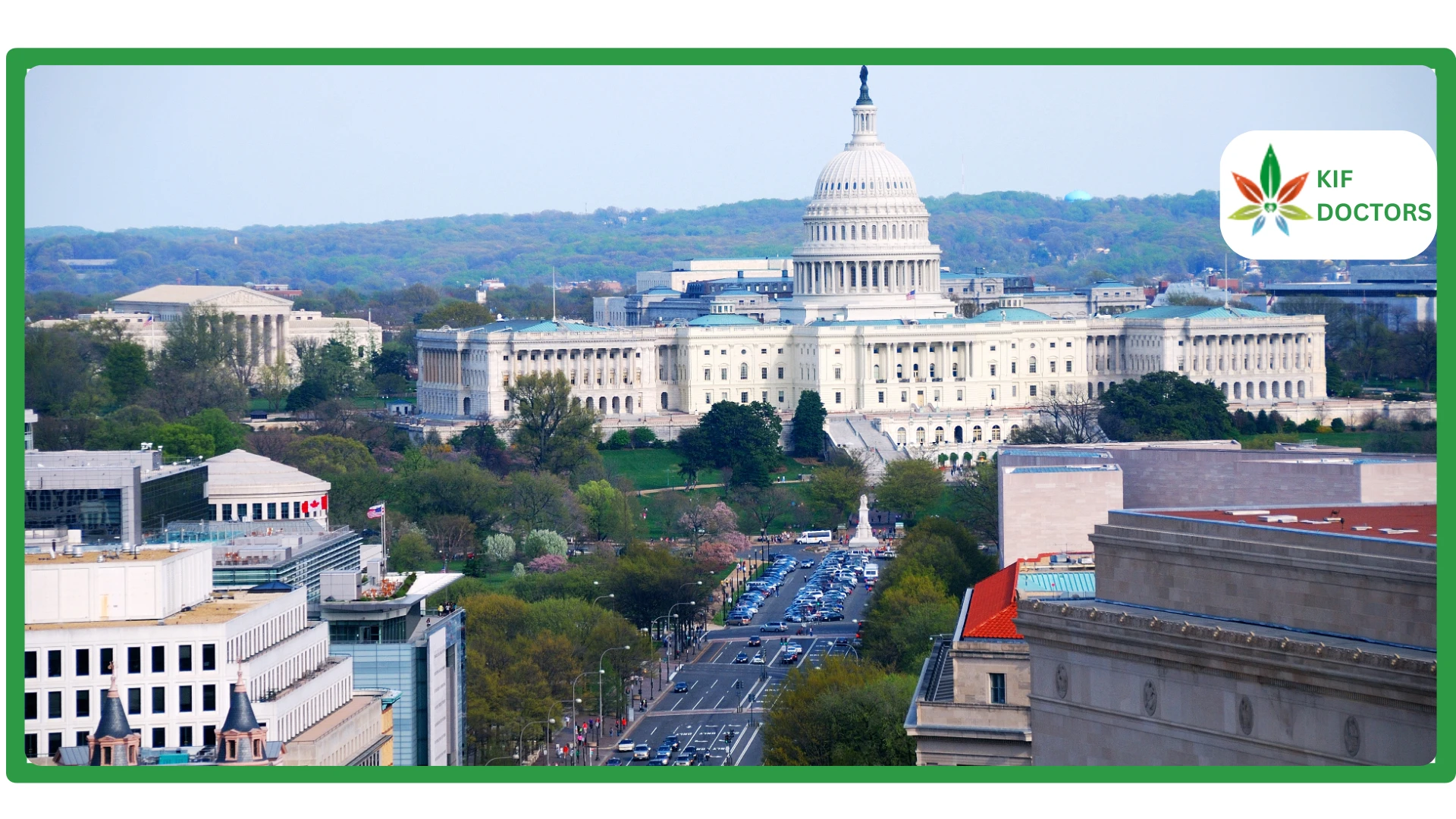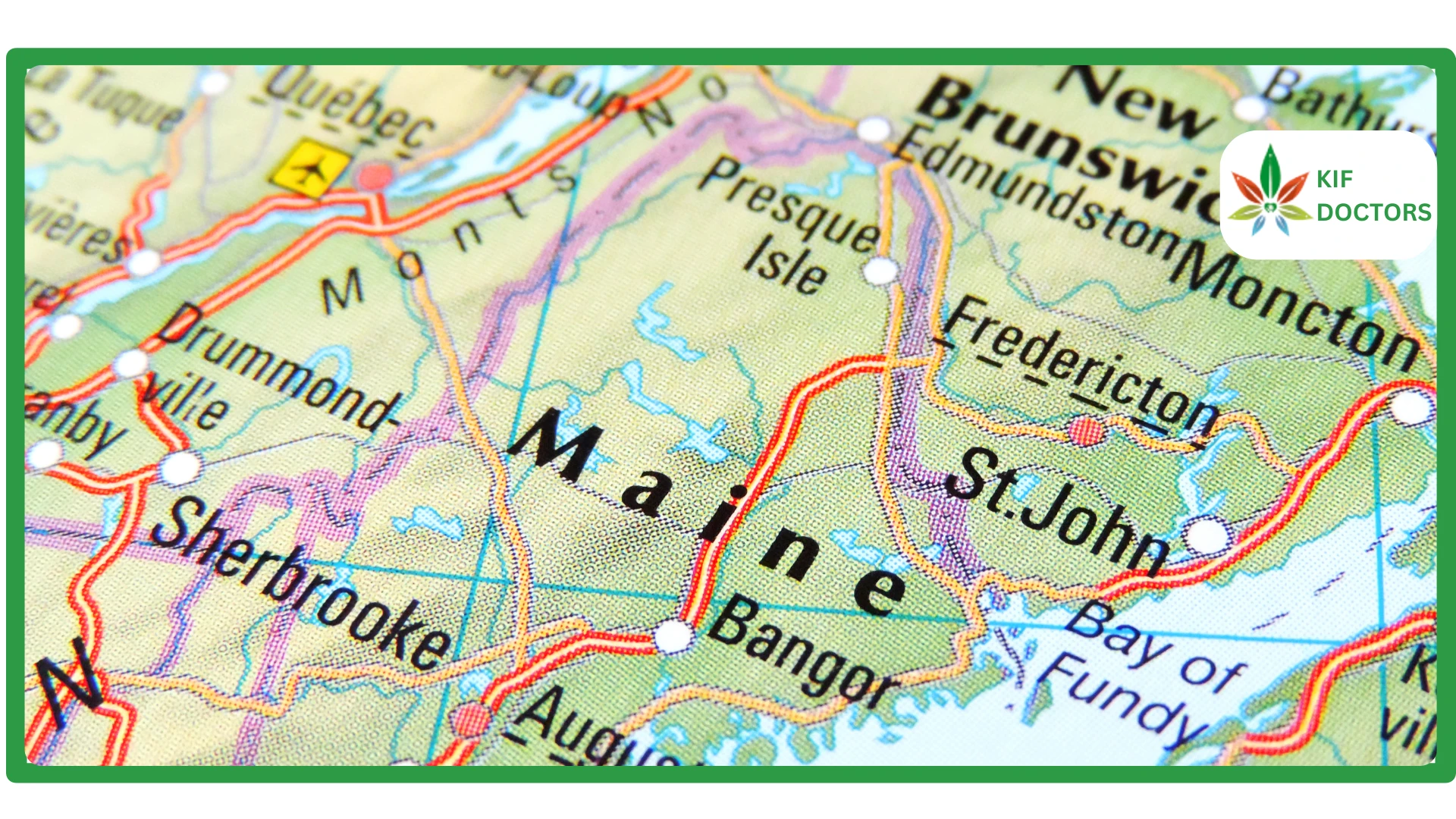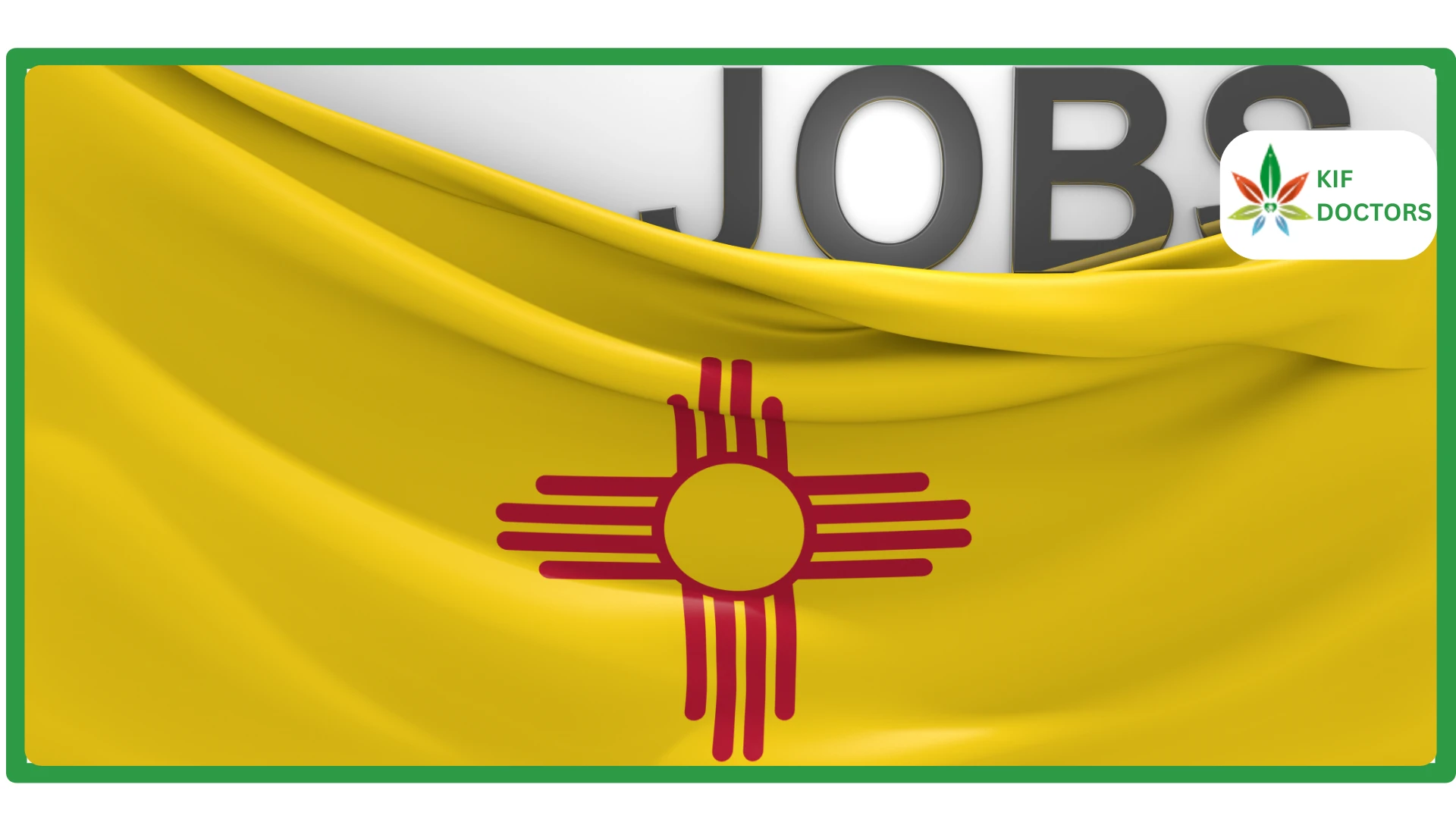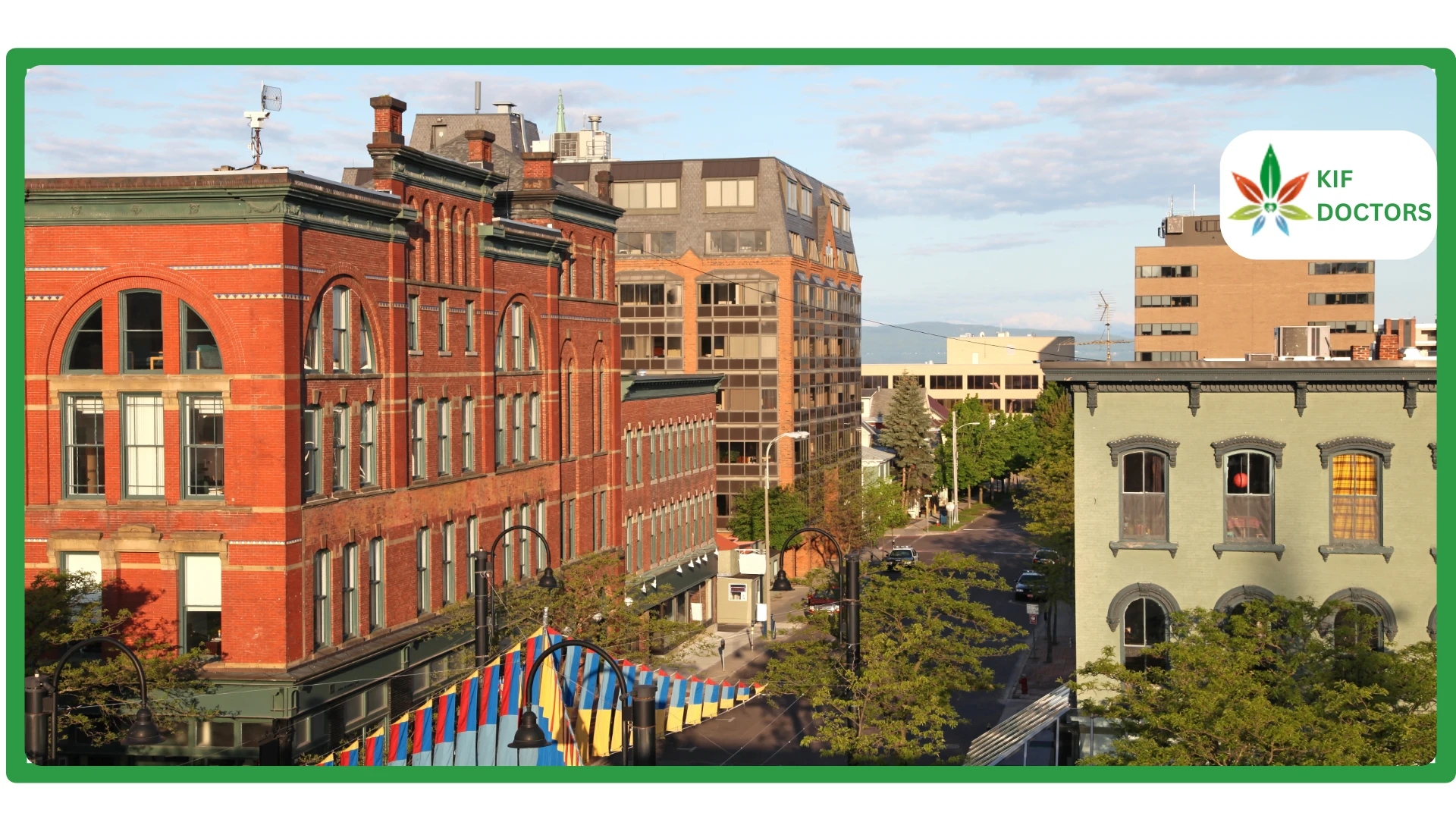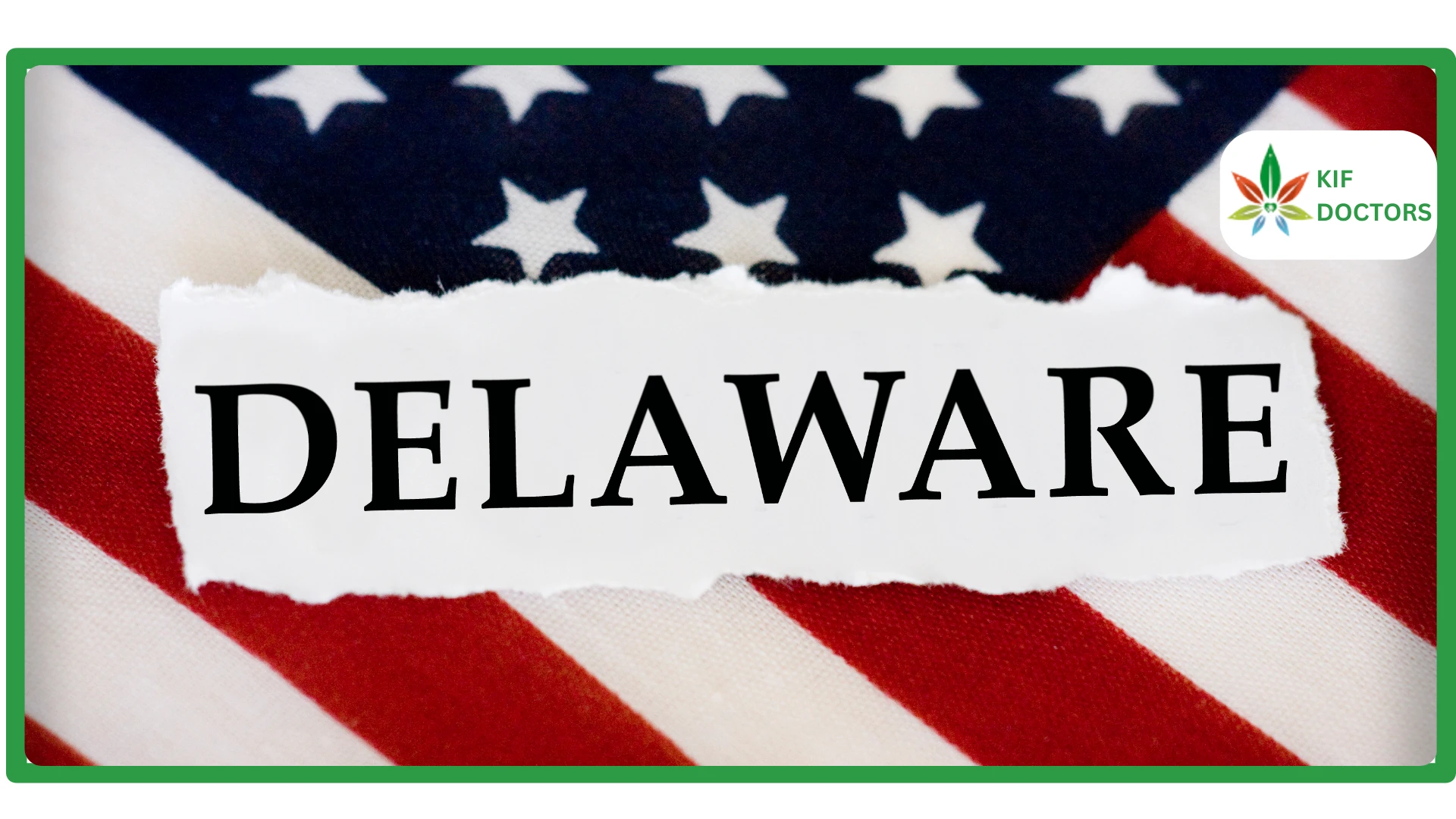North Carolina’s relationship with cannabis is complex, shaped by a conservative legislative history and growing public support for reform. While many states have embraced medical or recreational marijuana, North Carolina remains one of the more restrictive states, with no comprehensive medical cannabis program and strict penalties for recreational use. However, recent developments, including tribal legalization and ongoing legislative efforts, signal potential change. This guide provides a clear, up-to-date overview of North Carolina’s marijuana laws, the status of medical cannabis, hemp regulations, and what residents can expect moving forward. Whether you’re a patient seeking relief or simply curious about the state’s cannabis policies, this article breaks down everything you need to know in a straightforward way.
Recreational Marijuana in North Carolina: Still Illegal
Recreational marijuana is illegal in North Carolina, classified as a Schedule VI controlled substance under state law, indicating a perceived low potential for abuse but no accepted accepted medical use. Possession, cultivation, or sale of marijuana for non-medical purposes carries significant penalties, though North Carolina has partially decriminalized small amounts, reflecting a nuanced approach to enforcement.
Possession of marijuana is penalized based on quantity:
- Up to 0.5 ounces: Class 3 misdemeanor, with a fine up to $200 and no jail time for first offenses.
- 0.5 to 1.5 ounces: Class 1 misdemeanor, with up to 45 days in jail and a discretionary fine.
- Over 1.5 ounces: Felony, with 4–6 months in jail and fines up to $1,000, escalating with larger amounts.
Distribution or cultivation is treated more harshly. Selling any amount is a felony, with penalties ranging from 39 months in prison and $5,000 fines for small quantities to 42 months and $25,000 for 50 pounds or more. These laws reflect North Carolina’s tough stance, though a 2020 task force recommended further decriminalization to address racial disparities in enforcement, noting 70% of convictions involve nonwhite individuals.
Despite public support for legalization—95% of North Carolinians favor changing cannabis laws, with 62% supporting recreational use and 32% medical use—the state legislature has not advanced recreational legalization. House Bill 626 and Senate Bill 346, which proposed legalizing up to two ounces for adults 21 and older, stalled in committee, lacking bipartisan support. For now, recreational users face legal risks, and cannabis purchased in legal states like Virginia is illegal to bring into North Carolina.
Medical Cannabis in North Carolina: Limited and Stalled
North Carolina does not have a comprehensive medical cannabis program, making it one of 12 states without legal medical marijuana. The North Carolina Compassionate Care Act (Senate Bill 3, later House Bill 563) has passed the Senate three years in a row (2022–2024) with bipartisan support, most recently in June 2024 by a 33-9 vote. However, the House has consistently blocked the bill, with Speaker Tim Moore citing insufficient Republican support. A new version, House Bill 1011, was introduced in April 2025 but remains in committee, leaving patients without legal access outside specific exceptions.
The proposed program would allow medical cannabis for qualifying conditions, such as:
- Cancer
- Epilepsy
- HIV/AIDS
- Parkinson’s disease
- Multiple sclerosis
- Post-traumatic stress disorder
- Terminal illness (life expectancy under six months)
Patients would need a physician’s certification and a medical cannabis card to purchase products like tinctures, oils, creams, and vaporizable forms (but not smokable flower) from up to 80 licensed dispensaries operated by 10 suppliers. The program would be overseen by the Department of Health and Human Services and a Medical Cannabis Production Commission, with a research program to study efficacy. Despite 73% public support (Elon University, 2021) and 82% in 2022, political resistance persists, with opponents citing lack of FDA approval and concerns about recreational misuse.
A limited medical exception exists under the 2014 Epilepsy Alternative Treatment Act, amended in 2015, allowing CBD extract (less than 0.9% THC, at least 5% CBD) for patients with intractable epilepsy. Patients must register with the Department of Health and Human Services, but access is limited, and products must be sourced out of state, complicating compliance.
Tribal Cannabis: A Unique Exception
The Eastern Band of Cherokee Indians (EBCI) on the Qualla Boundary has taken a progressive stance, legalizing medical cannabis in 2021 and recreational use in September 2023 via a 70-30% referendum. The Great Smoky Cannabis Co., the state’s only dispensary, opened on April 20, 2024, serving tribal members and qualified North Carolinians with medical cards. Recreational sales to adults 21 and older began September 7, 2024, marking the first legal adult-use sales in the region.
EBCI’s program allows patients with conditions like chronic pain or cancer to apply for medical cards through the tribe’s Cannabis Control Board. Over 800 of 1,000 applications were approved by mid-2024. Products include flower, edibles, and concentrates, but purchases are restricted to tribal land. Transporting cannabis off the Qualla Boundary is illegal, risking state or federal prosecution. This sovereign exception highlights a stark contrast to state law but doesn’t extend to non-tribal areas.
How to Access Legal Cannabis in North Carolina
Outside the Qualla Boundary, legal cannabis access is limited to CBD for epilepsy patients or hemp-derived products. For EBCI’s medical cannabis program, follow these steps:
- Confirm Eligibility: Qualify with a medical condition recognized by the EBCI, such as cancer or PTSD, verified by a physician.
- Apply for a Card: Submit an application to the EBCI Cannabis Control Board with medical documentation and proof of residency. Fees vary but are typically under $100.
- Purchase at Dispensary: Visit the Great Smoky Cannabis Co. on tribal land with your card. Products are regulated for safety and potency.
- Stay Compliant: Use cannabis only on tribal land to avoid state or federal penalties.
For those seeking medical cannabis cards through services like Kif Doctors, which streamline applications for other states, I always recommend going for a Medical Marijuana Card Online Instantly to simplify the process, though this applies only to EBCI’s program in North Carolina. Non-tribal residents with qualifying conditions should monitor legislative progress, as a state program could emerge if House Bill 1011 advances.
Hemp and CBD: Legal and Widely Available
Hemp-derived products, including CBD, are legal in North Carolina under the 2018 federal Farm Bill, which permits cannabis with 0.3% or less THC. The North Carolina Farm Act of 2022 aligned state law, legalizing hemp and CBD-infused products like oils, gummies, and vapes. These are sold widely in stores, online, and dispensaries like Modern Apotheca in Raleigh, with no age restrictions or medical card required.
Delta-8 THC, a hemp-derived psychoactive compound, is also legal and mimics marijuana’s effects at about 70% potency. However, it triggers positive drug tests and lacks stringent regulation, raising safety concerns. House Bill 563 proposed licensing and testing for hemp products and restricting sales to those 21 and older, but it stalled in 2024. Consumers should buy from reputable sources and verify lab reports to ensure compliance with the 0.3% THC limit, as non-compliant products risk legal consequences.
Workplace and Public Use: Know the Risks
Even with an EBCI medical cannabis card, workplace protections are absent. Employers can terminate or deny employment for positive THC tests, and unemployment benefits may be withheld. Public use is prohibited, including on federal lands, schools, or while driving, with DUI charges possible if impairment is detected. These restrictions underscore the need for discretion, even for legal users on tribal land.
The Future of Cannabis in North Carolina
North Carolina’s cannabis landscape is at a turning point. Public support is overwhelming, with a 2024 poll showing 95% favoring reform, bolstered by advocacy from figures like Senator Bill Rabon, a cancer survivor who credits cannabis for his survival. The EBCI’s program has set a precedent, generating economic and social benefits, with projections of $20–30 million in annual tax revenue if scaled statewide. Yet, political hurdles remain, particularly in the Republican-controlled House, where key leaders resist change.
Recent bills, like House Bill 1011 and House Bill 984 (limiting medical cannabis to research programs), reflect ongoing efforts, but passage is uncertain. A 2025 Meredith poll showed 71% support for medical legalization, yet opponents argue cannabis lacks FDA approval and risks recreational abuse. Federal moves to reschedule marijuana to Schedule III could ease restrictions, but a Senate amendment in House Bill 563 bans recreational use even if federal law changes, signaling conservative caution.
Social equity is a growing focus, with proposals like the Marijuana Legalization and Reinvestment Act (House Bill 413) allocating 25% of tax revenue to communities harmed by the War on Drugs. Black North Carolinians face disproportionate arrests, fueling calls for expungement and decriminalization. Neighboring states like Virginia (recreational) and South Carolina (medical proposals) may pressure reform, but recreational legalization remains a distant prospect without a shift in House leadership.
FAQs About Marijuana Laws in North Carolina
Is recreational marijuana legal in North Carolina?
No, recreational marijuana is illegal except on EBCI tribal land, where adults 21 and older can purchase it. Statewide, possession of any amount is a misdemeanor or felony, with fines and potential jail time.
Can I get a medical cannabis card in North Carolina?
Yes, but only through the EBCI’s program on the Qualla Boundary for qualifying conditions. No statewide program exists, though bills are pending. Contact the EBCI Cannabis Control Board for details.
Why hasn’t North Carolina legalized medical cannabis?
The Senate has passed medical cannabis bills yearly since 2022, but the House lacks enough Republican votes. Concerns about regulation and recreational misuse persist, stalling progress [AP News].
Is CBD legal in North Carolina?
Yes, hemp-derived CBD and Delta-8 with 0.3% or less THC are legal and available without a prescription. The 2022 Farm Act permits sales, but regulation is minimal.
Can I lose my job for using legal cannabis?
Yes, employers can enforce drug-free policies and fire employees for positive THC tests, even with an EBCI medical card. No state laws protect cannabis users in the workplace.
Conclusion
North Carolina’s cannabis laws reflect a state caught between tradition and transformation. Recreational marijuana remains illegal outside the EBCI’s Qualla Boundary, where a pioneering program offers medical and adult-use access. Statewide, medical cannabis is tantalizingly close but blocked by political gridlock, leaving patients reliant on limited CBD options or tribal dispensaries. Hemp products provide a legal alternative, but their psychoactive variants skirt regulatory gaps, posing risks. As public support surges and neighboring states liberalize, pressure for reform is mounting, with 2025 elections potentially tipping the scales. For now, residents must navigate a patchwork of tribal sovereignty, hemp loopholes, and stalled bills, staying informed to avoid legal pitfalls while advocating for change [Raleigh News & Observer].
 Since 2021, Kif offers a streamlined platform to get a medical marijuana card online. We have served more than 45K patients across the United States. Sign Up Now to get the right to use medical cannabis for your health condition without any delay.
Since 2021, Kif offers a streamlined platform to get a medical marijuana card online. We have served more than 45K patients across the United States. Sign Up Now to get the right to use medical cannabis for your health condition without any delay.















